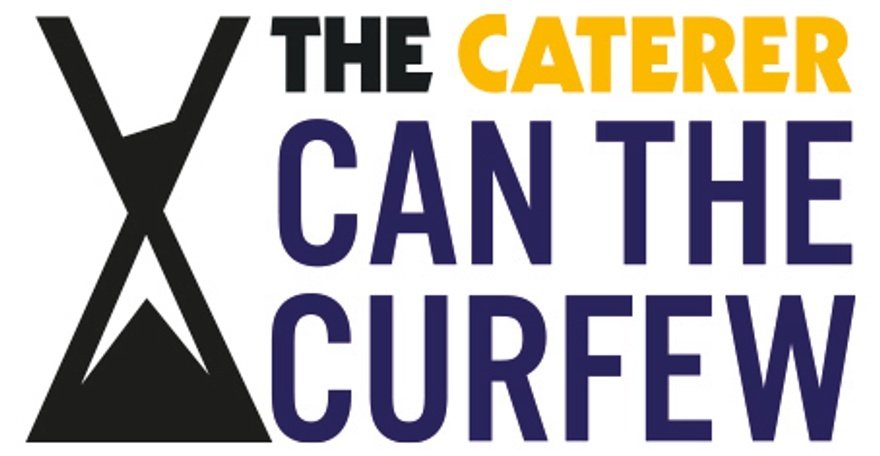Curfew impact on coronavirus transmission ‘marginal', according to SAGE
The impact of a curfew on hospitality businesses was likely to be "marginal", government officials were told by scientists exactly one week before introducing the measure.
On 17 September the government's Scientific Advisory Group for Emergencies (SAGE) recommended an urgent package of interventions to stop the rise in coronavirus cases in the UK, including shutting restaurants, pubs and bars; advising people to work from home where possible; and moving university and college teaching online.
A document published yesterday outlining the effectiveness of such measures said closing hospitality would have a moderate impact on transmissions, while curfews were "likely to have a marginal impact".
Despite this, the government announced a 10pm curfew on hospitality venues on 22 September, which came into force two days later.
The report said the environmental risk in hospitality outlets was "likely to be higher than many other indoor settings due to close proximity of people, long duration of exposure, no wearing of face coverings by customers, loud talking that can generate more aerosols", as well as the poor ventilation in some venues and the impact consumption of alcohol has on behaviour.
The Caterer'sCan the Curfew campaign calls on the government to reconsider the curfew, which disproportionately impacts hospitality businesses' ability to recover while having a ‘marginal' impact on virus transmission.
Hospitality leaders have expressed their frustration at the restrictions and backed the campaign, which is also supported by the London Evening Standard, and the petition has been signed by more than 1,500 people.
A backbench revolt against the curfew could be on the cards, with the curfew due to be voted on this week.
Health secretary Matt Hancock was forced to deny claims he broke the curfew by remaining in the Commons bar after 10pm.
The owner of the G-A-Y nightclub group has also confirmed he will proceed with a legal challenge to the curfew, claiming the government failed to provide scientific evidence to support it.






